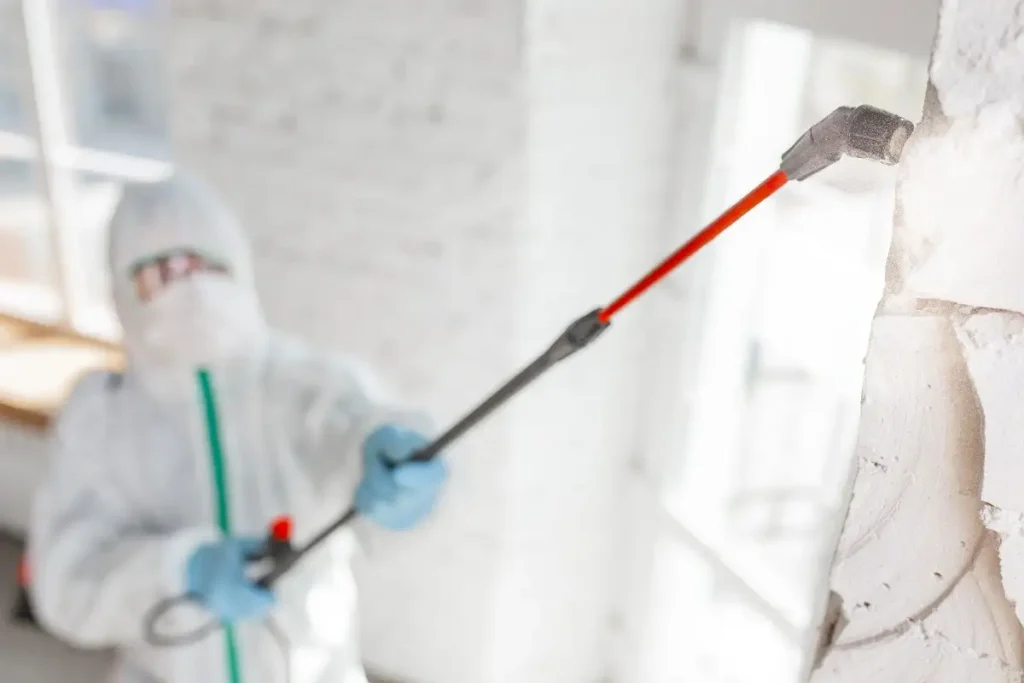Creating a hurricane preparedness plan well in advance is the best defense against potential dangers. Begin by evaluating your household’s needs, considering unique factors such as household members’ ages and health conditions.
Every home should have a hurricane preparedness list, which includes essential items like non-perishable food, water, medications, and necessary documents. Store these supplies in easily accessible locations known to all family members to ensure quick access during an emergency.
Early Preparation: The Cornerstone of Safety
Consider how you will secure essential documents such as insurance papers, medical records, and personal identifications. It is recommended to store digital copies of these documents securely online or in a waterproof container. Discussing the plan with every family member early on ensures that everyone knows their roles and responsibilities. Consider conducting regular drills to ensure everyone knows what to do and where to go in case of an evacuation.
Key Takeaways
- Early preparation is crucial in minimizing hurricane damage.
- Assembling a comprehensive emergency kit ensures that your household can sustain itself.
- Protecting your property through proper inspection and reinforcements can save on costly repairs.
- Keeping well-informed allows for quick and effective responses during a storm.
Assembling a Comprehensive Emergency Kit
An emergency kit is invaluable during a hurricane. Your kit should contain a three-day water supply (one gallon per person daily) and non-perishable food items like canned goods, dry food, and high-energy snacks. Non-perishable food ensures sufficient nutrition, even if access to fresh food is disrupted. Don’t forget essential tools like a manual can opener, flashlights, and extra batteries to maintain functionality when power is out.
A well-equipped first-aid kit, personal hygiene items like toilet paper and soap, and necessary medications will also be essential. For families with infants, elderly relatives, or pets, tailor the emergency kit to include special needs items such as baby formula, prescription glasses, diapers, or pet food. Another helpful addition is a multi-tool or Swiss Army knife, which can handle multiple tasks. The aim is to have a mobile and versatile kit that you can quickly grab if evacuation becomes necessary. Keep your emergency kit updated and regularly check expiry dates on food, medications, and batteries.
Securing Your Home Against the Storm
Inspecting and Reinforcing Key Areas
Inspect your property for vulnerabilities to prevent severe high winds and flooding damage. Please start with the roof; ensure it is well-secured and free from loose shingles. Consider reinforcing the roof with hurricane straps or clips, which provide extra stability. Windows and doors should be fitted with storm shutters or protective plywood, enhancing their ability to withstand high-impact winds.
Garage doors are most susceptible to wind damage, so reinforce them with braces or retrofit kits designed for high winds. Additionally, inspect and secure any exterior structures such as sheds, carports, and fences, ensuring they are sturdy enough to withstand the storm. Structural weak points in your home can convert to significant hazards during a hurricane, so addressing these vulnerabilities ahead of time is crucial.
Yard Maintenance and Outdoor Preparations
Make sure to pay attention to your yard when preparing for a hurricane. Trim trees and shrubs to remove dead or weak branches that could become projectiles during a storm, damaging your home or vehicles. Secure or store outdoor furniture, grills, and other objects that strong winds could pick up. Storing these items indoors is the safest option to prevent them from becoming dangerous projectiles.
Ensure your gutters and downspouts are clear and in proper condition to redirect rainwater away from your house, decreasing the chances of water-related harm. Put gutter guards in place to avoid blockages that may lead to water backup. Regularly inspect and maintain your yard to keep it free of potential hazards. Also, if your yard has drainage issues, plan to manage excess water to avoid flooding.
Ensuring Adequate Insurance Coverage
Reviewing and updating your insurance coverage is a critical step in hurricane preparedness. Most homeowners’ insurance policies do not cover flood damage so that additional flood insurance may be necessary. Evaluate your current coverage to ensure it protects against wind and water damage. Consider capturing detailed photos or videos of your property and belongings before the hurricane season starts. This documentation will be invaluable if you need to file a claim due to hurricane damage.
Maintain updated records of all your insurance policies and keep them easily accessible within your emergency kit or in a digital format stored securely online. Being well-informed about your coverage options and maintaining up-to-date documentation will provide peace of mind and streamline the claims process should you need it. Understanding the claims process is also beneficial so you can act quickly and efficiently if needed.
Staying Informed for Proactive Decision-Making
Being well-informed is a critical factor in hurricane preparedness. Utilize multiple sources to stay updated on weather forecasts and official advisories. NOAA Weather Radio, mobile apps, and trusted news websites can provide real-time updates. Sign up for community alerts to receive localized information promptly. The more you know, the quicker you can react, whether it means fortifying your home further or evacuating.
Making informed decisions swiftly can dramatically improve safety outcomes. Consider establishing a routine to check weather updates regularly during hurricane season. Also, a communication plan should be created so family and neighbors can share updates and assist each other as needed. Having reliable information allows you to take proactive steps, reducing the impact of the hurricane on your household.
Conclusion
Effective hurricane preparedness involves planning, assembling essential supplies, fortifying your home, ensuring proper insurance, and staying well-informed. Each step is crucial and contributes to protecting not only your property but also the well-being of your household. Early preparation and a proactive mindset can make all the difference when facing the threat of a hurricane. By being diligent and taking the necessary precautions, you can navigate through the storm with greater confidence and security, ensuring the safety and resilience of your home and loved ones.



